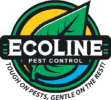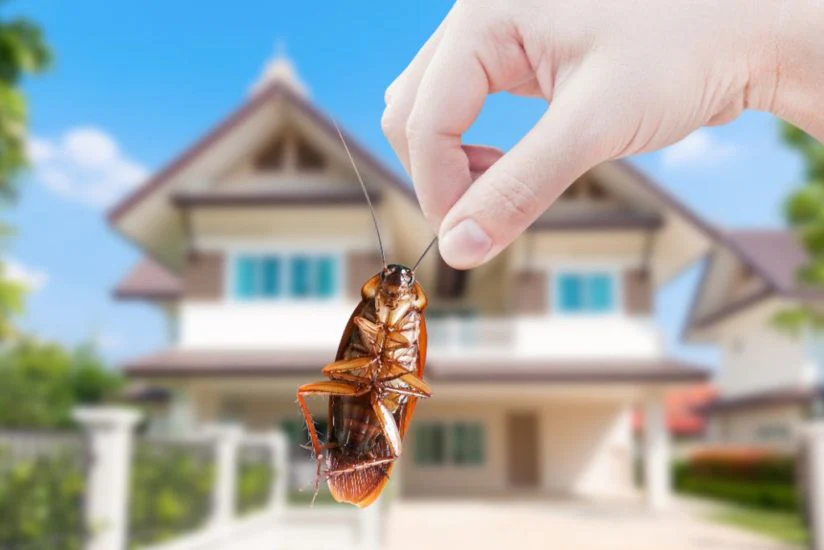A property’s market value is influenced by more than just location, aesthetics, or upgrades; it also depends heavily on its structural condition and habitability. Pests, often overlooked in value discussions, can have a significant negative effect on both. Whether the issue involves termites silently eating away at wooden supports, rodents gnawing through electrical wiring, or mosquitoes making outdoor spaces unusable, the presence of pests signals to potential buyers that the property may have hidden issues. Even if the infestation has been addressed, a documented history of pest problems can still make buyers wary and prompt lower offers.
In today’s competitive housing market, buyers have high expectations for move-in-ready homes. A pest-free environment is part of that expectation, and anything less can reduce interest or prolong time on the market. Understanding how pests impact property value and addressing those risks proactively is key to protecting your investment and ensuring it remains appealing to future buyers.

Structural Damage from Wood-Destroying Pests
Termites and carpenter ants are two of the most damaging pests when it comes to property integrity. They target cellulose-rich materials like wood, creating damage that is often hidden until it becomes severe. By the time signs are visible, repairs may already be extensive and costly.
These pests can:
- Weaken beams, joists, and flooring, which jeopardize structural safety
- Hollow out wood from the inside, leaving thin, fragile surfaces
- Cause load-bearing components to fail over time
- Lead to door and window frame misalignment due to shifting structures
Termites consume wood for food, while carpenter ants excavate it to build tunnels for nesting. In both cases, the result is weakened wood that can compromise a home’s stability. Home inspections often reveal such issues, and any indication of structural compromise, whether active or historical, can cause buyers to reduce offers or request repairs before proceeding. Routine inspections and professional pest control are essential to preventing these costly outcomes.
Health Concerns and Indoor Infestations
While structural damage is measurable, indoor pest infestations affect property value through their impact on health and quality of life. Certain pests present serious health hazards that can make a property far less appealing to potential buyers.
Health risks from indoor pests include:
- Triggering allergies and asthma from cockroach droppings, saliva, and shed skins
- Spreading harmful bacteria such as Salmonella and E. coli via rodents and cockroaches
- Contaminating food preparation and storage areas with droppings or urine
- Causing stress, discomfort, and sleep disruption due to bed bug activity
Cockroaches and rodents can thrive in hidden areas, making them difficult to eliminate without professional intervention. Bed bugs, though not known to spread diseases, cause psychological strain and discomfort that can deter buyers or renters. Properties with a history of such infestations may require thorough remediation to restore market value. Maintaining a pest-free home through consistent, professional pest control safeguards both health and property worth.
Outdoor Infestations Affect Curb Appeal
Mosquitoes, wasps, and ants may not directly damage the structure, but they can reduce a property’s usability and appeal. An outdoor area plagued by stinging or biting pests limits enjoyment and can be a deterrent during property showings.
Ways outdoor pests affect value include:
- Discouraging the use of patios, decks, and gardens
- Making pools and outdoor kitchens less inviting
- Creating negative first impressions during viewings
- Suggesting poor yard maintenance to potential buyers
Implementing proactive solutions, such as effective mosquito control, can help preserve the appeal and functionality of outdoor living spaces.
Financial Loss from Lower Appraisals
Even if pest damage is repaired, a history of infestations can influence a property’s appraisal. Buyers may negotiate lower prices or request concessions for potential future pest control needs.
Financial impacts may include:
- Reduced resale value due to recorded pest history
- Higher insurance premiums in pest-prone areas
- Increased maintenance costs factored into buyer offers
- Extended time on the market while addressing buyer concerns
In competitive markets, properties with pest-related histories often lose out to those with clean inspection reports, even if other features are comparable.
The Need for Professional Prevention and Treatment
Consistent, professional pest control is one of the most effective ways to maintain property value over time. Experts are equipped to identify signs of activity early, treat infestations at the source, and implement preventative measures tailored to the property’s needs. Attempting to handle significant infestations without professional support can lead to incomplete treatment, recurring problems, and ongoing value loss. The risks of DIY pest control further highlight why professional solutions are the most reliable choice for lasting protection.
Safeguard Your Property’s Worth Today
Pests can compromise more than comfort; they can directly reduce your property’s market value. Protect your investment by addressing infestations quickly and preventing them from returning. For expert solutions and long-term protection, contact Ecoline Pest Control and keep your property in prime condition.
 Reviews
Reviews





